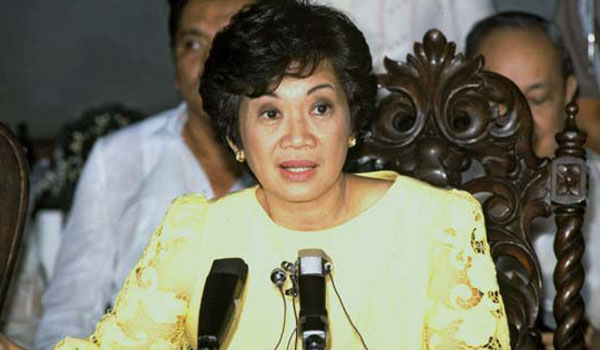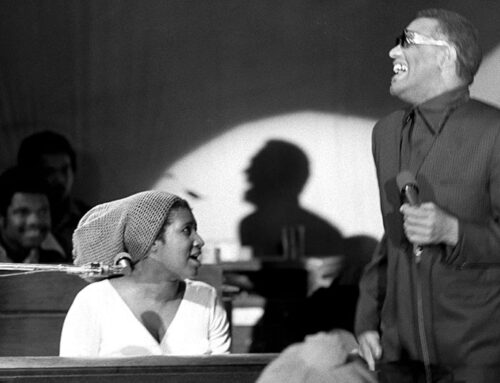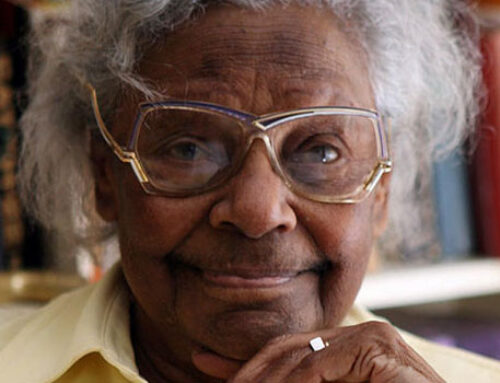Corazón Aquino: Political Pioneer
Corazón Aquino was a Filipina politician who served as the 11th President of the Philippines, the first woman to hold that office, and the first female president in Asia.
Regarded as the “Icon of Philippine Democracy”, Aquino was the most prominent figure of the 1986 People Power Revolution, which toppled the 21-year authoritarian rule of President Ferdinand Marcos and restored democracy to the Philippines.
Corazón Aquino was named Time magazine’s “Woman of the Year” in 1986.
She is the first President without any political experience as she had not held any other elective office.
A self-proclaimed “plain housewife”, she was married to Senator Benigno Aquino, Jr., the staunchest critic of President Marcos. She emerged as leader of the opposition after her husband was assassinated on August 21, 1983 upon returning to the Philippines from exile in the United States.
Amidst allegations of electoral fraud, Marcos was proclaimed President in 1986, with Aquino calling for massive civil disobedience actions.
Defections from the Armed Forces and the support of the local Catholic Church led to the People Power Revolution that ousted Marcos and secured Aquino’s accession on February 25, 1986.
As President, her administration gave strong emphasis and concern for civil liberties and human rights, and on peace talks to resolve the ongoing Communist insurgency and Islamist secession movements.
Her economic policies centred on restoring economic health and confidence and focused on creating a market-oriented and socially responsible economy.
Aquino faced several coup attempts against her government and various natural calamities until the end of her term in 1992. She was succeeded as President by Fidel V. Ramos, and returned to civilian life while remaining public about her opinions on political issues.
Aquino died on August 1, 2009. Her son, Benigno Aquino III, became President of the Philippines in 2010.




